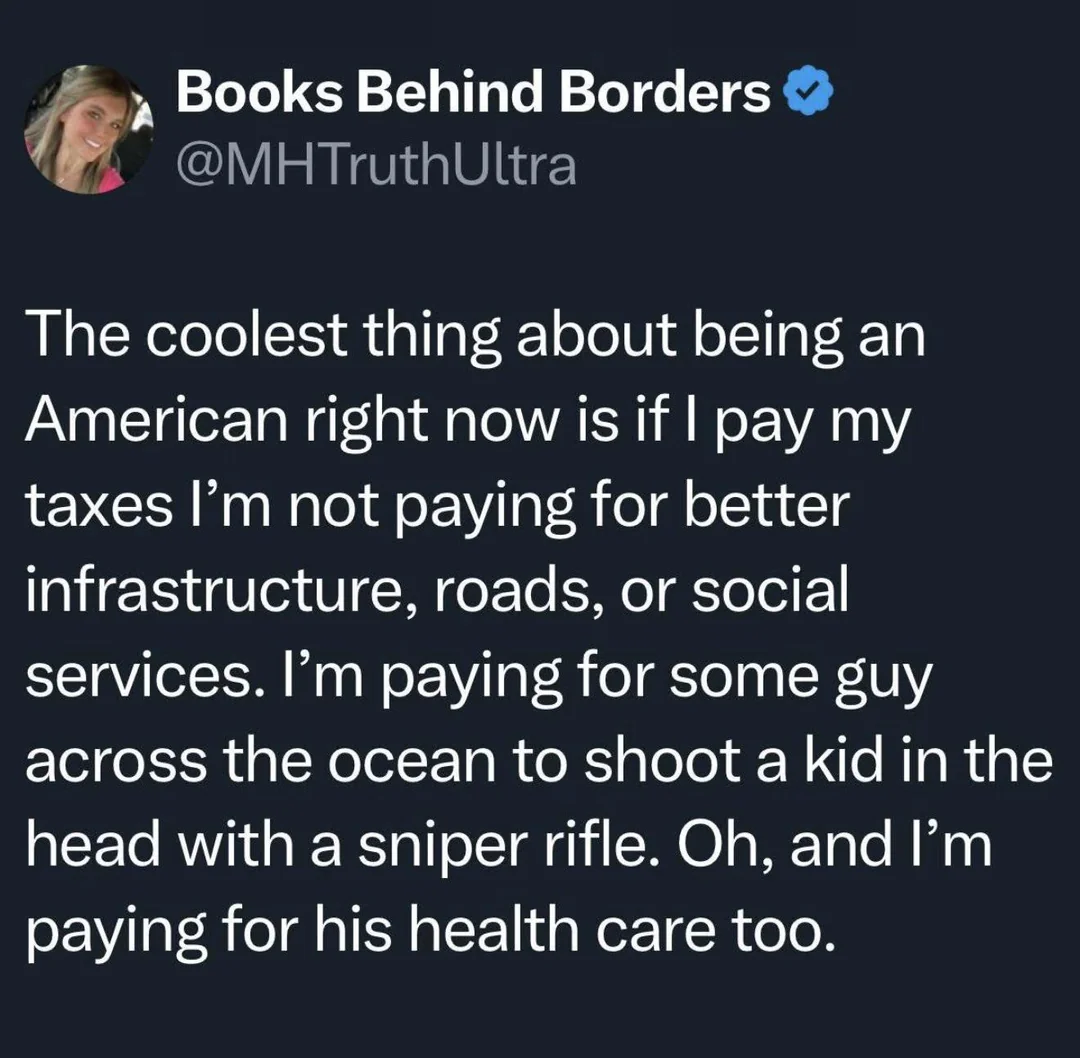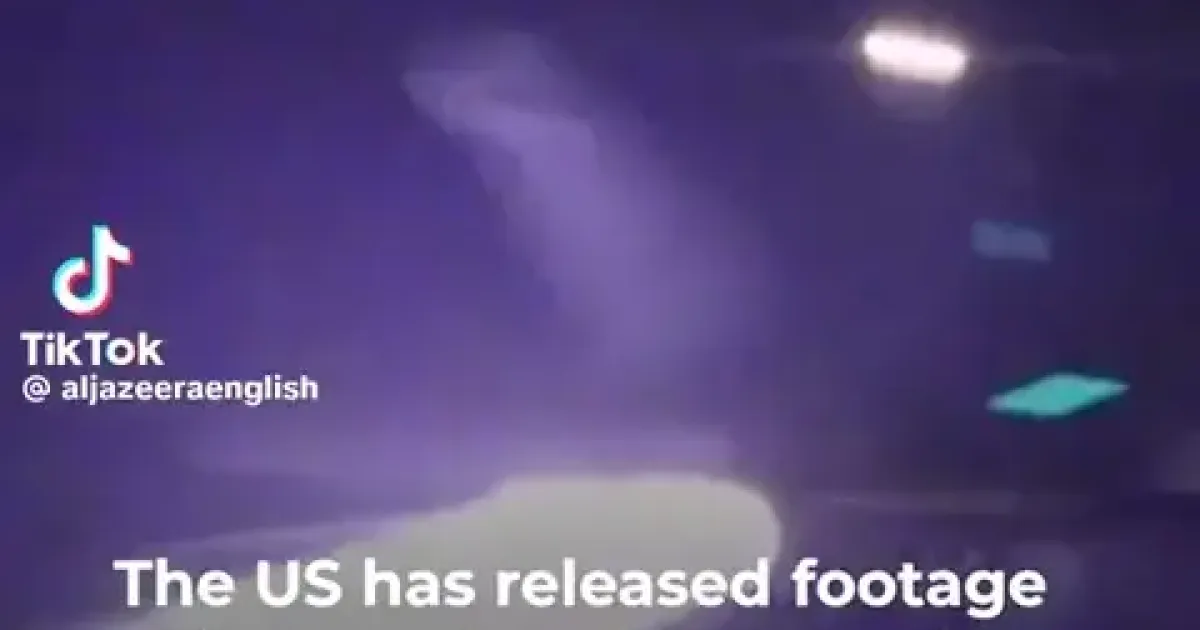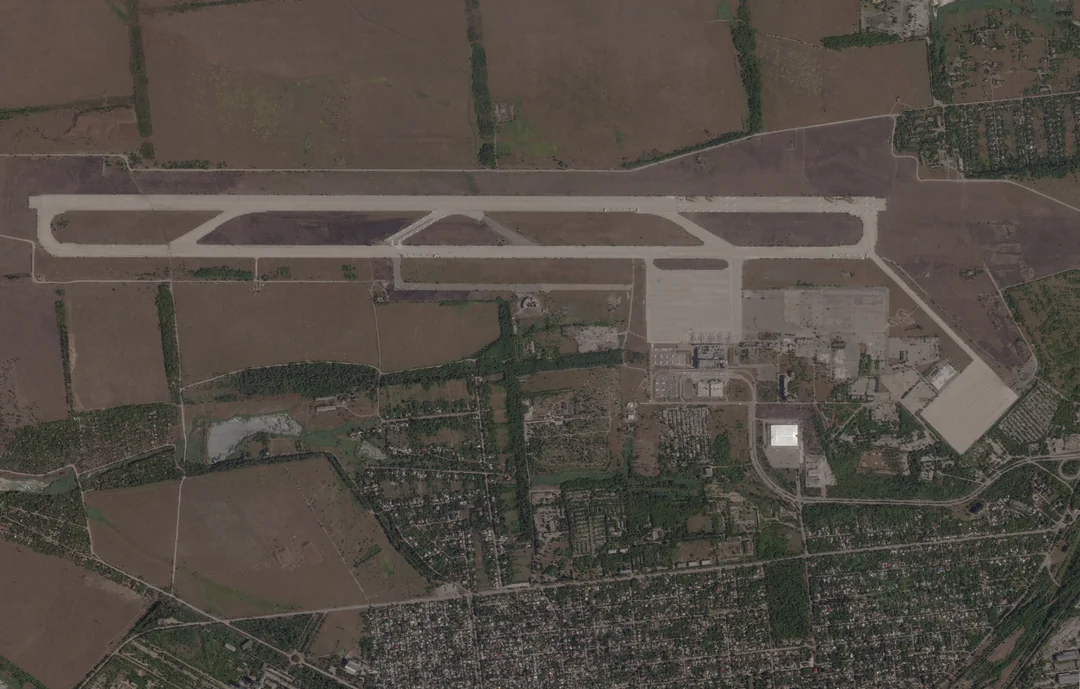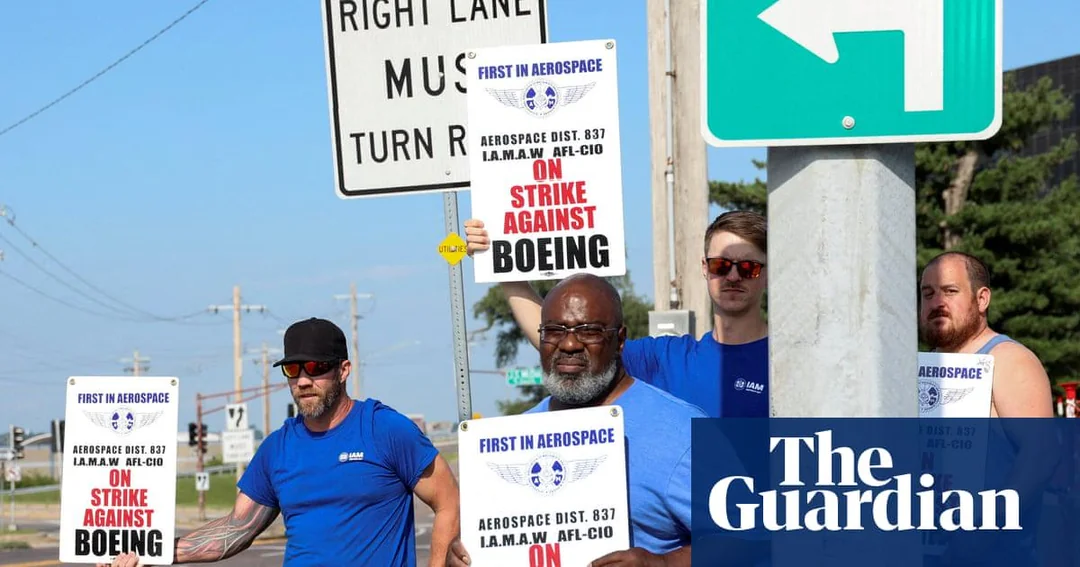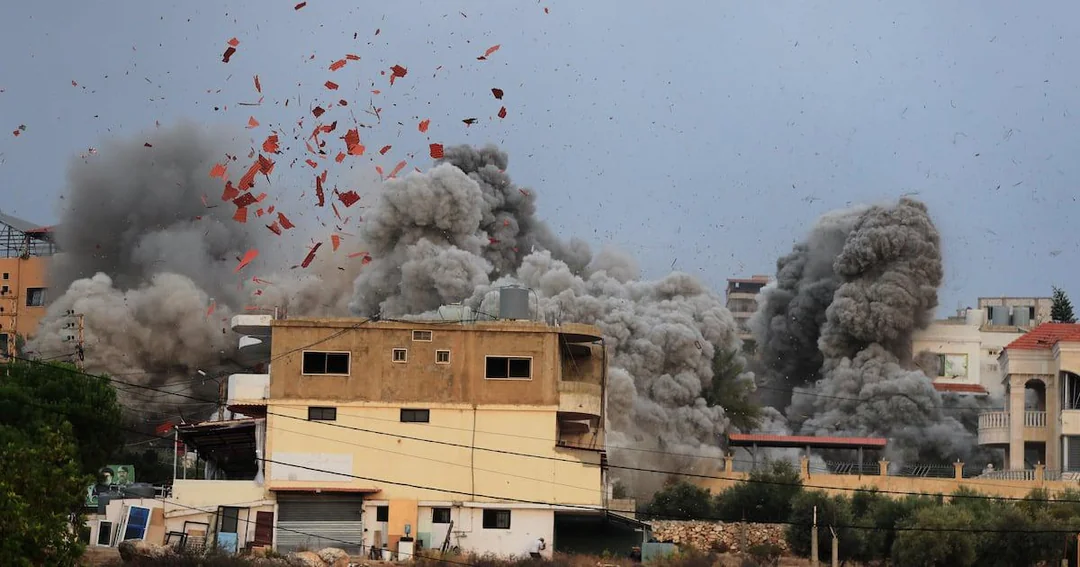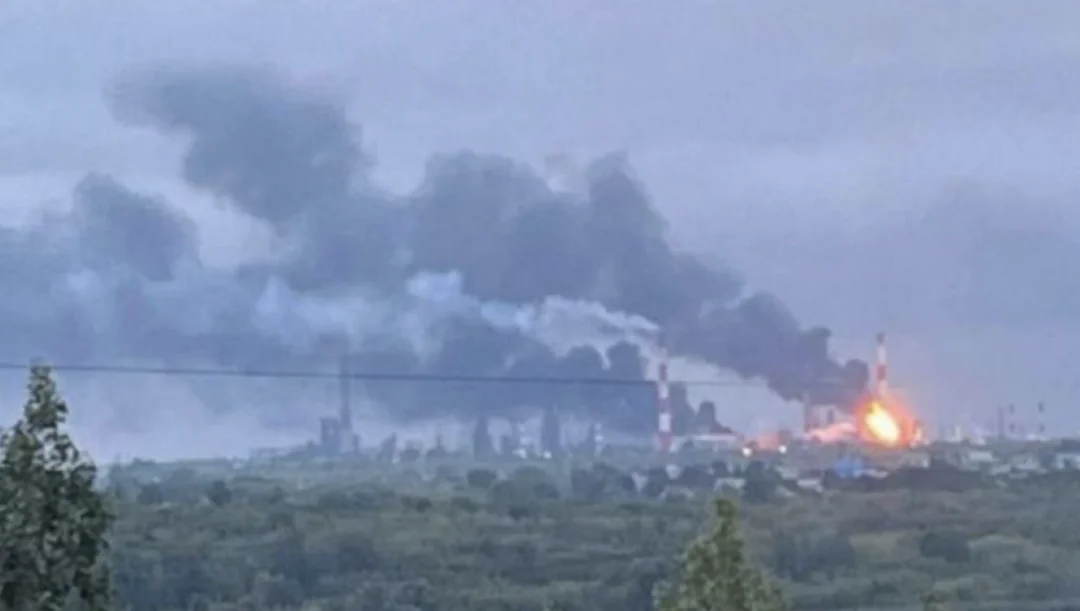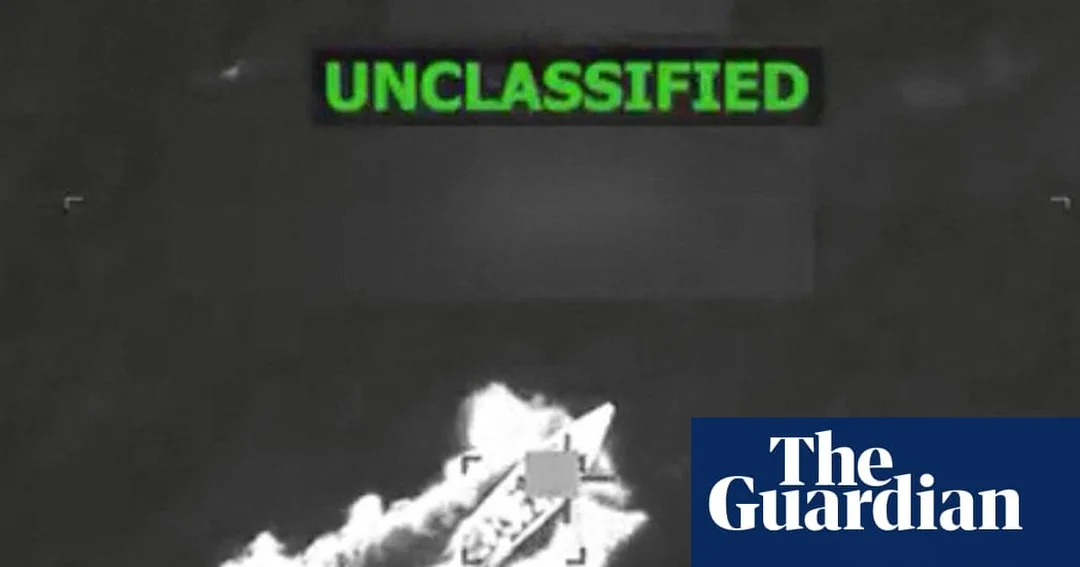
Argentine Teachers Strike for Better Wages as Milei’s Inflation Crisis Deepens
Teachers in Argentina are on strike, demanding better wages after inflation under Javier Milei massively devalued their salaries. As inflation reached almost 200% during Milei’s first six months, prices have since plateaued at a level out of reach for most.
#Argentina #Inflation
Read More...

Israel says it is conducting strikes in southern Syria.
Intervention comes hours after FM called Syrian regime “a Jihadist Islamic terrorist group” that “took control by force” and “has been killing minorities”
#Israel #News #Syria
Read More...
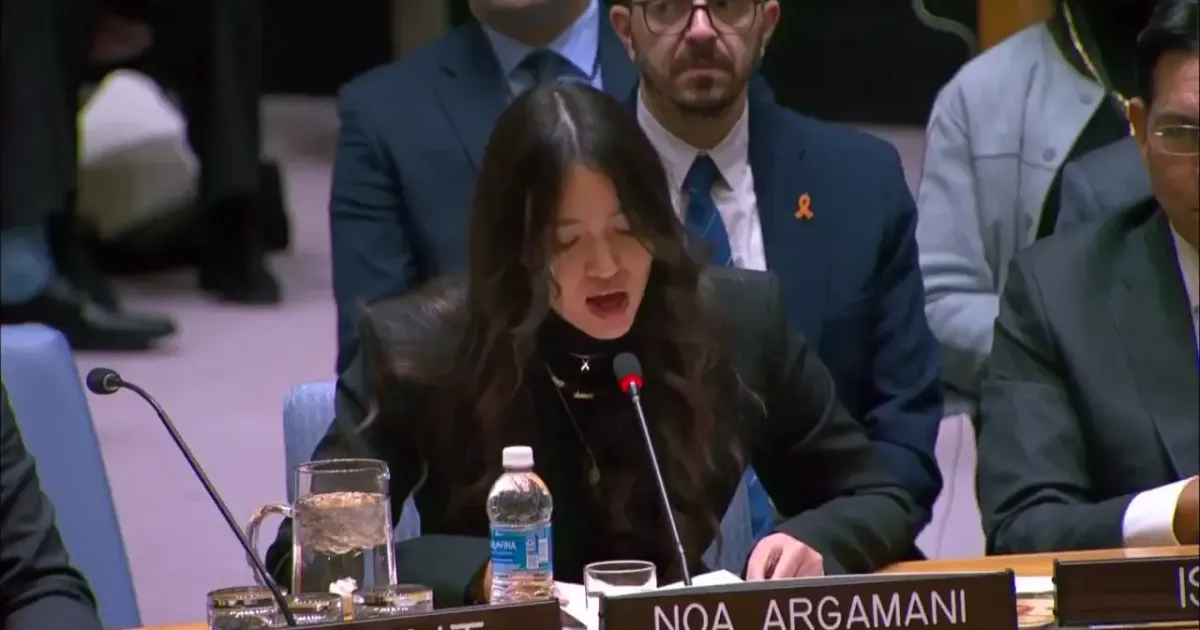
Former Israeli Captive Noa Argamani Tells UN: Israeli Airstrikes Targeted Us, Killing Fellow Hostage
Former Israeli captive, Noa Argamani, describes at the United Nations how Israeli airstrikes targeted them during their captivity, killing her fellow captive Yossi Sharabi and nearly killing her too
#ONU #News #Israel
Read More...
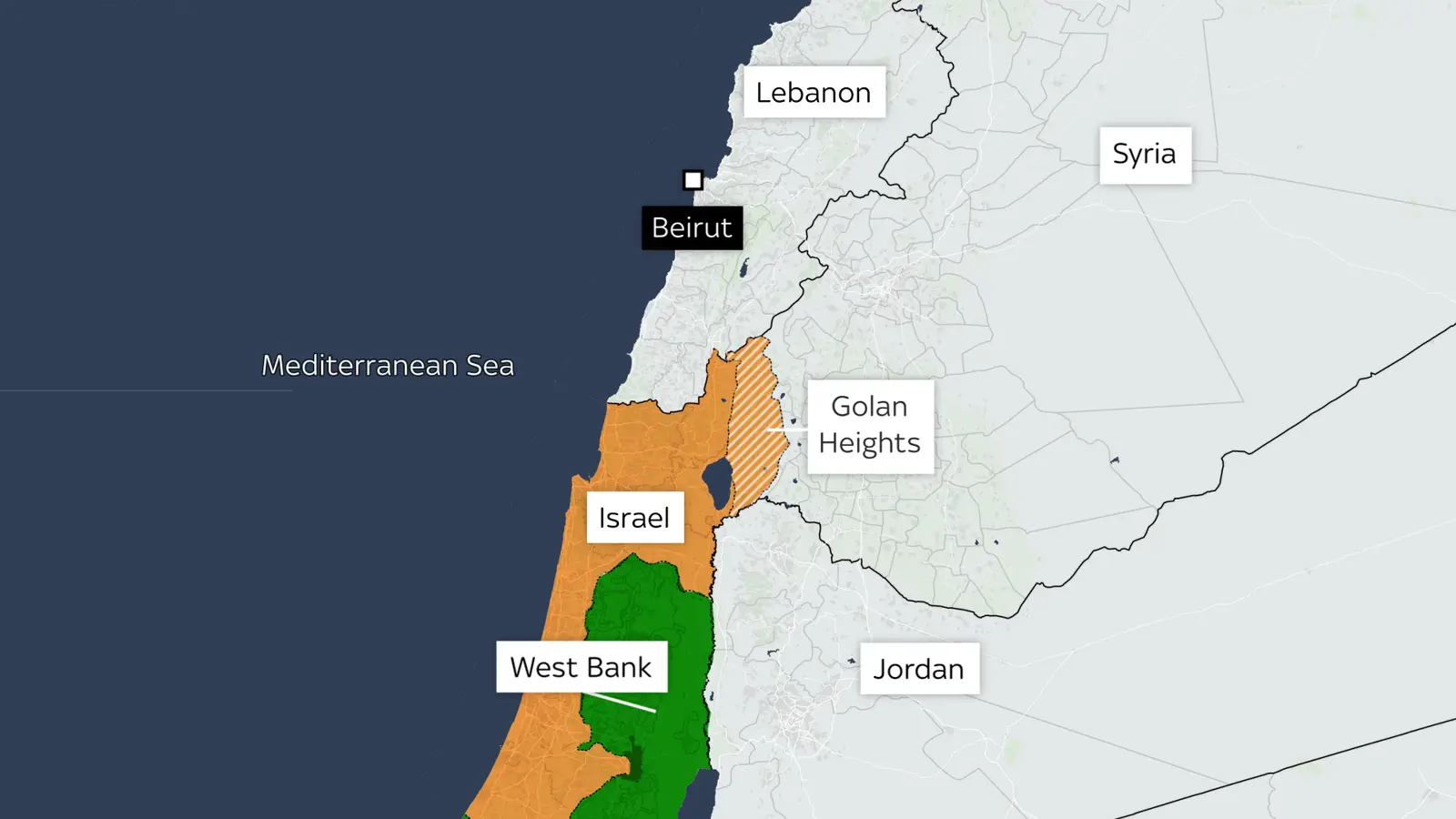
Israel will say it had no choice, but its airstrikes in Lebanon risks igniting a regional war
Israel carried out "pre-emptive" strikes against Hezbollah overnight, while the militant group says it has completed the "first phase" of an attack on 11 Israeli military sites.
This appears to have been a high-stakes Israeli military operation that risked igniting a regional war.
Israel will say it had no choice: One of the pillars of Israeli military doctrine has long been the principle that offence is the best form of defence.
It is not the first time it has used its air force hoping to defang an imminent threat. Israel insists it sent an armada of warplanes to the skies over Lebanon, more than a hundred strong, to stop an 'extensive planned attack involving thousands of rocket launches' about to be let loose by Hezbollah.
Just as Israel launched audacious air attacks obliterating Egyptian leader Gamal Abdel Nasser's air force in 1967 and Saddam Hussein's atomic programme in 1981, Israel says it despatched jets overnight to neutralise Hezbollah.
It is not clear how many enemy drones and missiles were already in the air. Hezbollah claims all 11 of its targets in Israel were hit and it launched 320 Katyusha rockets.
The primary strike it says was aimed at "a qualitative Israeli military target that will be announced later" as well as "enemy sites and barracks and Iron Dome [missile defence] platforms".
Israeli intelligence sources had claimed the airbase used in the strike on Shukr and the headquarters of Unit 8200, the Israeli military intelligence agency, north of Tel Aviv, were on Hezbollah's target list.
Advertisement
Hezbollah meanwhile says Israel's operation failed to pre-empt its long-awaited retaliation and insists it succeeded in striking targets deep within Israel.
Two questions for now: Hezbollah's next move and what this does to efforts to end the war in Gaza.
Will Hezbollah draw a line under the Shukr/Haniyeh affair? The organisation says today's action is over but is more planned in the coming days? All eyes are on its commander Hassan Nasrallah who will address his faithful by video link tonight.
He has not been seen in public since Hezbollah's war with Israel in 2006 for fear of being assassinated by Israeli jets himself.
Hezbollah attacked Israel in the wake of Hamas atrocities on 7 October and has been locked in an almost daily artillery duel with Israel over their border ever since.
Israeli intelligence claims Hezbollah has amassed an arsenal of 150,000 missiles secreted in the hills of southern Lebanon since 2006, 10 times the amount it possessed back then.
It has so far refrained from unleashing that firepower: Analysts believe its paymasters and patrons in Tehran prefer to keep that armoury in reserve as an insurance policy for the day Israel may attack Iran itself, as well as its alleged nuclear programme.
But Israel has been testing that theory for months now, responding with force to Hezbollah's attacks in the north. Each exchange of fire has the potential to escalate the region into a wider war through miscalculation and unintended mass civilian casualties.
So far, events overnight do not seem to have upended the fragile efforts towards a ceasefire in Gaza. Delegations are still on their way to Cairo for the next round of talks. If anything the escalation reemphasises the urgency behind the diplomacy.
But it could also offer the Israelis a distraction, should they want one, from huge pressure from the US to make the concessions required to reach a deal.
Most Israeli observers believe Israel's Prime Minister Benjamin Netanyahu does not want a ceasefire on the terms currently being negotiated for fear it could lead to his coalition government falling apart.
But US, Qatari and Egyptian mediators insist the truce terms are the best and possibly last chance of bringing home Israel's hostages and ending the war.
They also believe a ceasefire in Gaza is the best way of reducing tensions in the north - which have exploded overnight so spectacularly.
Read More...
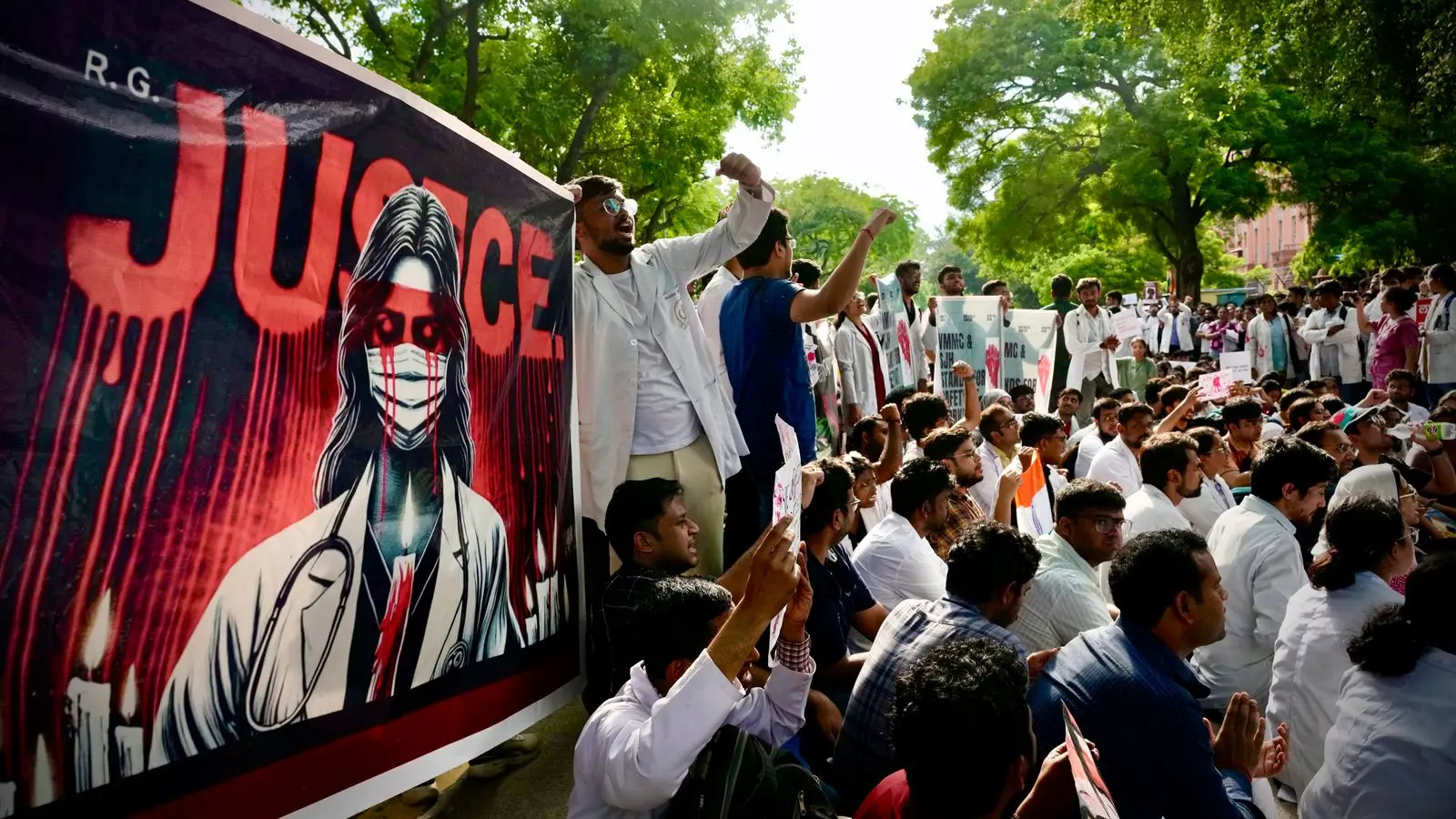
Patients turned away as doctors hold mass strike in India over rape and murder of trainee medic
Sexual violence against women is a widespread problem in India - many crimes are believed to go unreported due to stigma and a lack of faith in police.
Patients are being turned away from hospitals and clinics across India as more than a million doctors are set to join a strike in protest at the rape and murder of a trainee medic.
The 24-hour strike began at 6am local time (1.30am UK time) with non-emergency treatment such as outpatient appointments and elective procedures cancelled, said the Indian Medical Association (IMA).
The mass walkout paralysed hospitals as staff from medical colleges were drafted in to help with emergency cases.
The strike was triggered by the killing of a 31-year-old trainee doctor, whose body was found on 9 August at the college where she worked in Kolkata.
A police volunteer was arrested but the victim's family believe it was a gang rape and that more people were involved.
The case has drawn comparisons with the notorious rape and murder of a student on a bus in New Delhi in 2012.
People demonstrated near parliament in the capital on Friday - as well as cities including Kolkata, Hyderabad and Mumbai - calling for tougher sentences and guarantees of safety for doctors.
The facility where the doctor was killed, the state-run RG Kar Medical College and Hospital, was attacked on Wednesday.
"Doctors, especially women are vulnerable to violence because of the nature of the profession," said the IMA in a statement on X.
"It is for the authorities to provide for the safety of doctors inside hospitals and campuses."
Sexual violence against women and girls is a widespread problem in India with 31,516 reports of rape in 2022 - a 20% increase on 2021, according to the National Crime Records Bureau.
Many are believed to go unreported due to a stigma over sexual assault and a lack of faith in the police.
The medical college case is being handled by India's central bureau of investigation after state government officers were accused of mishandling the case.
Read More...
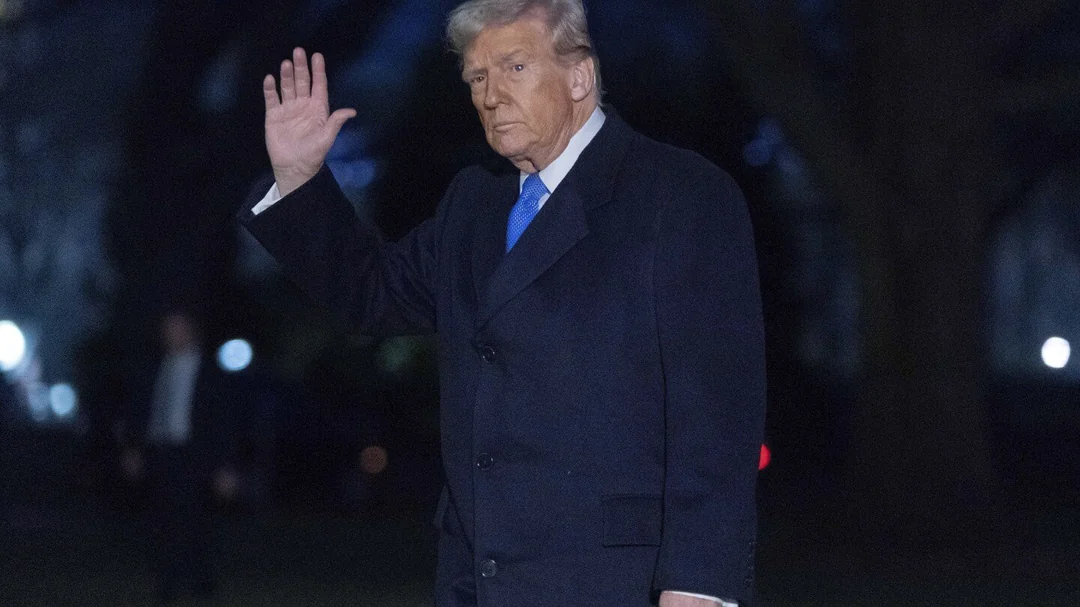
China strikes back at Trump tariffs with 15% levies targeting US farmers
WASHINGTON (AP) — China retaliated against President Donald Trump’s tariffs with an additional 15% tax on key American farm products, including chicken, pork, soybeans and beef.
The escalating trade tensions punished U.S. markets Monday as investors fearful of the damage from from Trump’s trade wars put their money elsewhere.
The Chinese tariffs, announced last week, were a response to Trump’s decision to double the levy on Chinese imports to 20% on March 4. China’s Commerce Ministry had earlier said that goods already in transit would be exempt from the retaliatory tariffs until April 12.
Imposing tariffs on imports is a key part of Trump’s agenda. He believes the import taxes can raise money for the Treasury, protect American industries and pressure foreign countries to do what he wants in a range of issues, including immigration and drug trafficking.
#China #USA #AP #News
Read More...

Typer.me App Now Available on the Play Store!
Typer.me is now on the Play Store! Download the app today and start connecting with others in a whole new way. Whether you’re sharing ideas, organizing content, or exploring trending topics, Typer.me gives you the tools to stay engaged. Install now and join our growing community! Read More...

